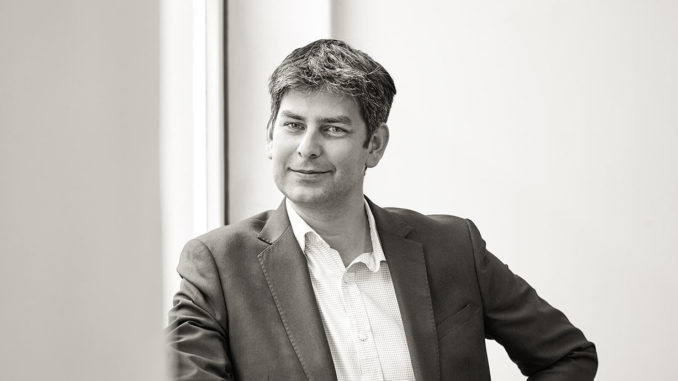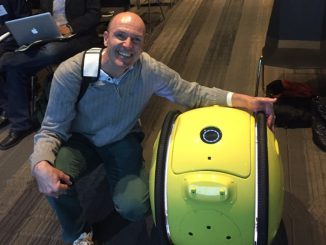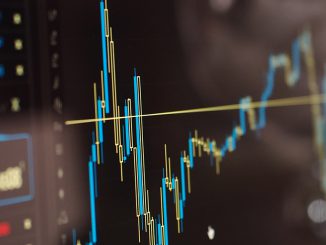
With the aim of more intensively networking Munich Business School and research-driven personalities whose research interests are in line with the research fields of MBS, the MBS Research Fellowship was newly created in 2020. Currently, there are four MBS Research Fellows who are already connected to the university in various ways. In our interview series, we introduce the scholars. Today’s focus is on Dr. Wolfgang Spiess-Knafl, Co-Director of the European Center for Social Finance at Munich Business School.
MBS Insights: Dear Mr. Spiess-Knafl, what are your previous connections to Munich Business School and what attracted you to become an MBS Research Fellow?
Wolfgang Spiess-Knafl: I have been part of the European Center for Social Finance at Munich Business School since the end of 2018. What I appreciate most about the MBS Research Fellowship is the opportunity to exchange ideas with other research enthusiasts.
MBS Insights: Roughly speaking, you do research in finance and (social) entrepreneurship. Take us along a bit: what are your exact research focuses and what are you currently particularly interested in?
Wolfgang Spiess-Knafl: A basic principle of finance is the relationship between risk and return. A higher risk usually means a higher return. Social finance is now the extension of this two-dimensional field by a social return. Pursuing a social goal usually also means that investors give up part of their financial return. This raises many exciting questions, such as:
- What does it mean, for instance, that a ton of CO2 can be measured identically in Bangladesh and in Germany, but how does one compare education or health in Dhaka and Munich?
- What role should the public sector play in this? Should it, for example, cover part of the risk through guarantee programs?
- What business models do social enterprises pursue and how do they differ from other enterprises?
- What role do new technologies such as blockchain or artificial intelligence play in this field?
MBS Insights: In your opinion, why is research already worthwhile for students and what does it take to involve students in research projects or to motivate them to conduct their own research?
Wolfgang Spiess-Knafl: In recent years, I have been able to accompany student research projects in Munich, Friedrichshafen, Karlsruhe and Witten. I have noticed that students always have a personal topic that they are passionate about.
One student, for example, analyzed the market mechanisms of cannabis trade on online platforms: how does trade work on platforms that are not subject to any legal regulation? It’s actually quite amazing that something like this works at all. In 2015, another student took a look at how donations in kind are actually allocated in refugee aid: what actually happens when large parts of civil society are mobilized and how can this be organized?
Both are individual phenomena, but they are well suited for student research and have brought amazing insights to light. At MBS, I appreciate the close connection of teaching and research topics to social realities. This encourages the curiosity of the students immensely.



